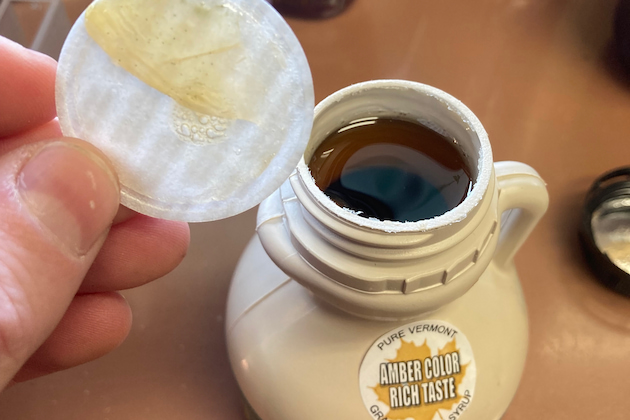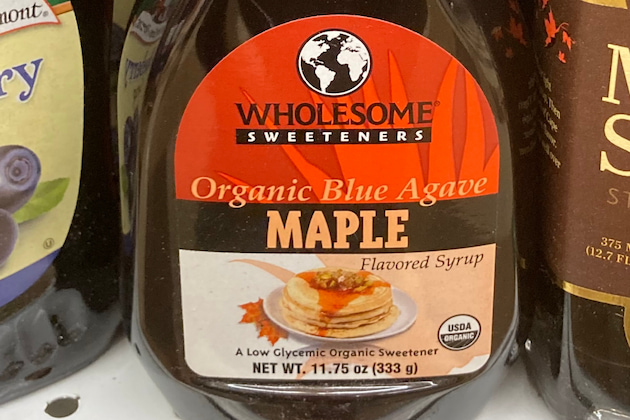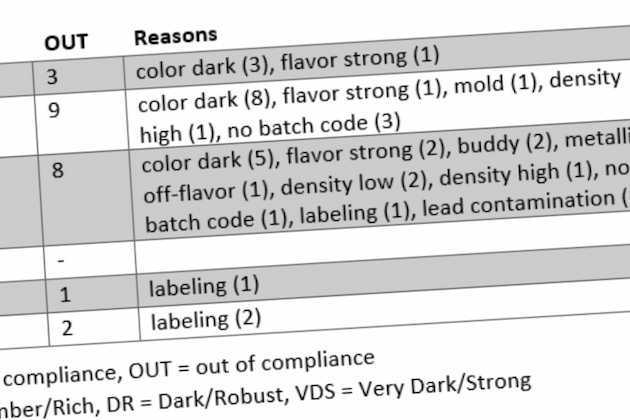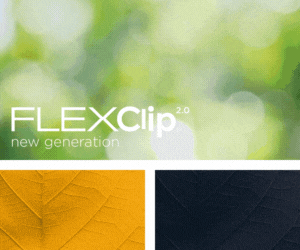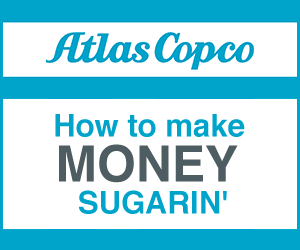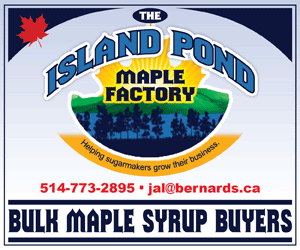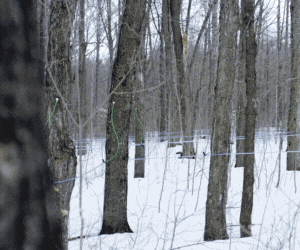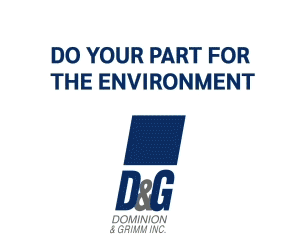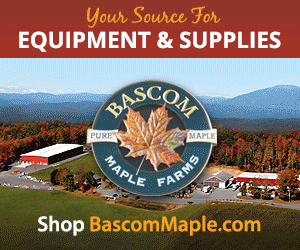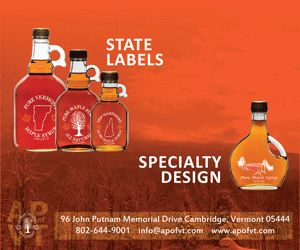Food Safety & Gov't Regulations
Vermont agency issues 'report card' on maple inspections
By TUCKER DIEGO, VT AGENCY OF AGRICULTURE, FOOD & MARKETS | AUGUST 1, 2022
MONTPELIER, Vt.—For the past several years the Division’s Maple Program has published inspection results from the routine maple product inspections it conducts at retail stores throughout the state.
You can think of these as “report cards” for how well maple products meet Vermont requirements.
Inspectors review product labels and sample maple syrup to ensure those products meet standards for quality, food safety, and fair labeling.
This work is important for maintaining a fair market for producers, protecting consumers from unsafe products or inaccurate labeling, and supporting the high quality of the maple industry.
These results are from nineteen inspections which were completed between January and June, and included thirteen routine, one follow-up, and five for-cause inspections.
Each of the for-cause inspections were conducted in response to a consumer complaint received from the public. Consumer complaints can be filed on the Agency’s website or by contacting the FSCP Division at (802) 828-2433.
A key component of the inspection process is the sampling of maple syrup to determine whether it meets Vermont grade standards for color, flavor, clarity, and density.
Of the forty-nine pure maple syrup products inspected this year, twenty-nine passed inspection. The remaining twenty products failed inspection due to one or more reasons listed above.
Maple syrup that was too dark for grade was the most common quality issue.
Other reasons for failing an inspection included the presence of off-flavors such as the naturally occurring “buddy” flavor, visible mold, syrup with density that is either too high or too low, and labeling issues.
While it remains uncommon to find food safety issues during retail inspections, inspection staff did conduct one for-cause inspection that resulted in maple syrup being voluntarily recalled from sale due to the presence of lead in the syrup.
Samples were taken and analyzed by the Agency’s Agriculture and Environmental Laboratory and were confirmed to contain high levels of lead which is a toxic substance that is not allowed in food.
Program staff are working with the producer to eliminate sources of lead in their production practices.
Inspections also discovered a handful of labeling issues, including for a maple flavored product and two artificially maple flavored products produced by out-of-state companies.
Vermont Maple Law and Regulations apply to all maple products sold in Vermont, including products that contain maple syrup as an ingredient or make maple-related claims on their labels.
Program staff are also working with these distributors to correct the labeling issues.
Further details about the 2022 maple inspection results, Maple Law and Regulations, and inspection procedures can be found on the Agency’s website.
Stay tuned for next year’s “report card” to see how results compare in 2023.
—Reprinted with permission from AgriView















